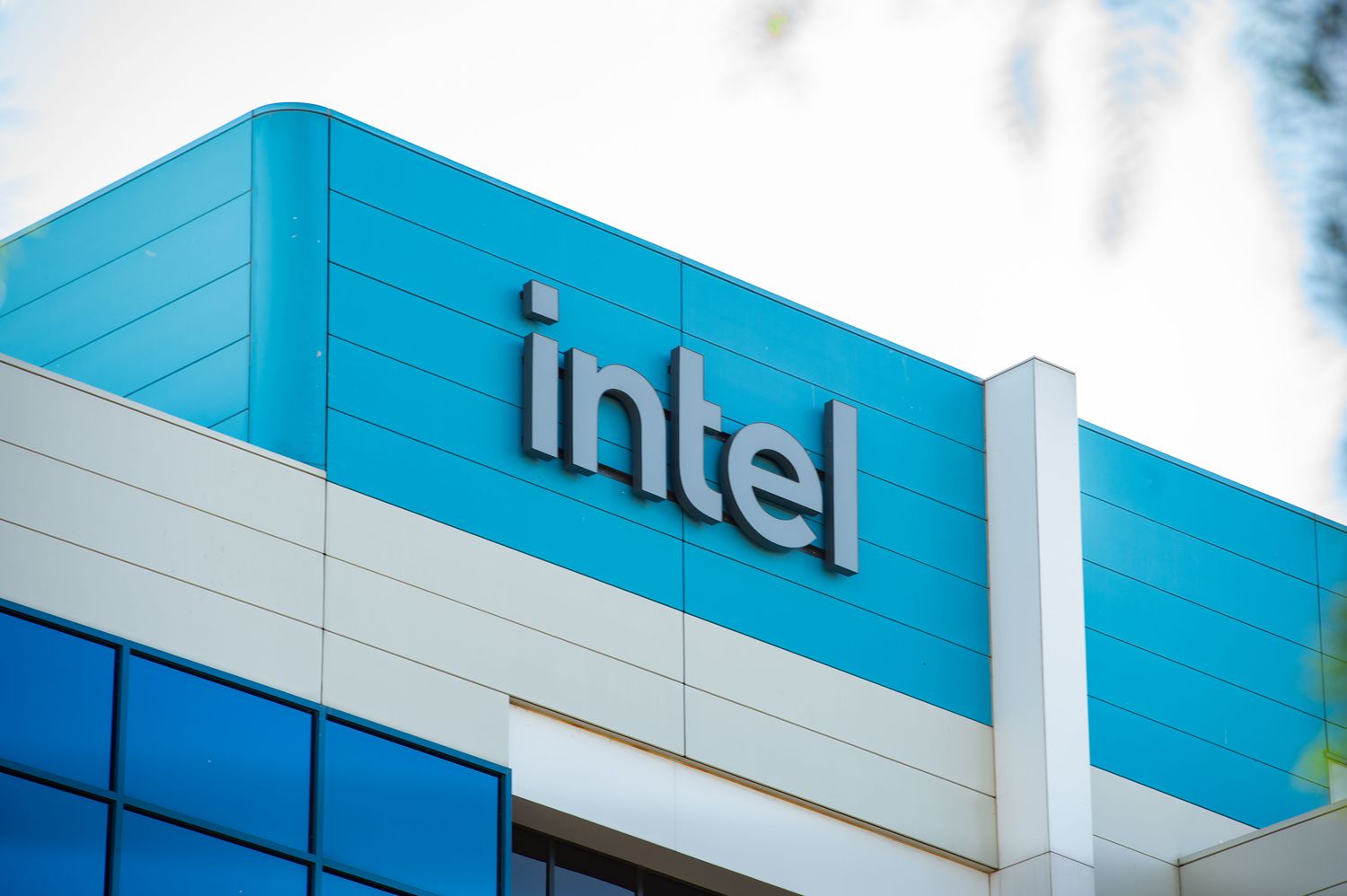Nvidia and Broadcom Test Intel’s Manufacturing Process

Chip giants Nvidia and Broadcom are currently conducting manufacturing tests with Intel, signaling a potential revival for the beleaguered tech company. These tests, which focus on Intel’s advanced 18A manufacturing process, could lead to significant contracts worth hundreds of millions of dollars. Despite past setbacks, the early interest from these major players highlights a renewed confidence in Intel’s capabilities.
Manufacturing Tests Underway
Nvidia and Broadcom are exploring Intel’s 18A manufacturing process, a technology designed to produce advanced chips, including those for artificial intelligence. Sources familiar with the situation revealed that these tests are not for complete chip designs but rather to assess the performance and capabilities of Intel’s process. This preliminary testing phase is crucial for chip designers, who often evaluate specific components before committing to large-scale production.
The timeline for these tests remains unclear, as they can extend over several months. However, the outcome could significantly impact Intel’s contract manufacturing business, which has faced challenges and delays in recent years. Intel’s spokesperson noted that there is strong interest in the 18A process across its ecosystem, although the company refrained from commenting on specific customers involved in the tests.
Challenges and Delays Persist
Despite the promising developments, Intel’s manufacturing timeline has faced setbacks. The 18A process, initially expected to be operational by 2026, has now been pushed back by an additional six months. This delay is attributed to the need for qualifying essential intellectual property, which is critical for small and mid-sized chip designers. Without this qualification, many potential customers may not be able to utilize the 18A process until at least mid-2026.
Intel has acknowledged the delays but remains optimistic about ramping up production in the latter half of this year. The company anticipates receiving designs from customers soon, which could help restore confidence in its foundry operations. However, industry experts caution that any further delays in mass production could hinder revenue growth for Intel’s foundry segment, which currently focuses on producing its own chips.
Broader Implications for Intel’s Future
The success of Intel’s foundry business is critical for the company’s long-term strategy, especially following the departure of former CEO Pat Gelsinger. His vision for revitalizing Intel relied heavily on establishing a robust contract manufacturing operation. The interim leadership has since shelved plans for an upcoming AI chip, pushing back expectations for Intel’s entry into the AI market until at least 2027.
Intel’s struggles have drawn attention from the U.S. government, which views the company as a key player in restoring American semiconductor manufacturing capabilities. Earlier this year, discussions took place regarding potential partnerships with Taiwan’s TSMC, indicating a broader interest in bolstering Intel’s manufacturing prowess. As the semiconductor landscape evolves, the outcome of Nvidia and Broadcom’s tests could play a pivotal role in shaping Intel’s future in the industry.
Observer Voice is the one stop site for National, International news, Sports, Editor’s Choice, Art/culture contents, Quotes and much more. We also cover historical contents. Historical contents includes World History, Indian History, and what happened today. The website also covers Entertainment across the India and World.

